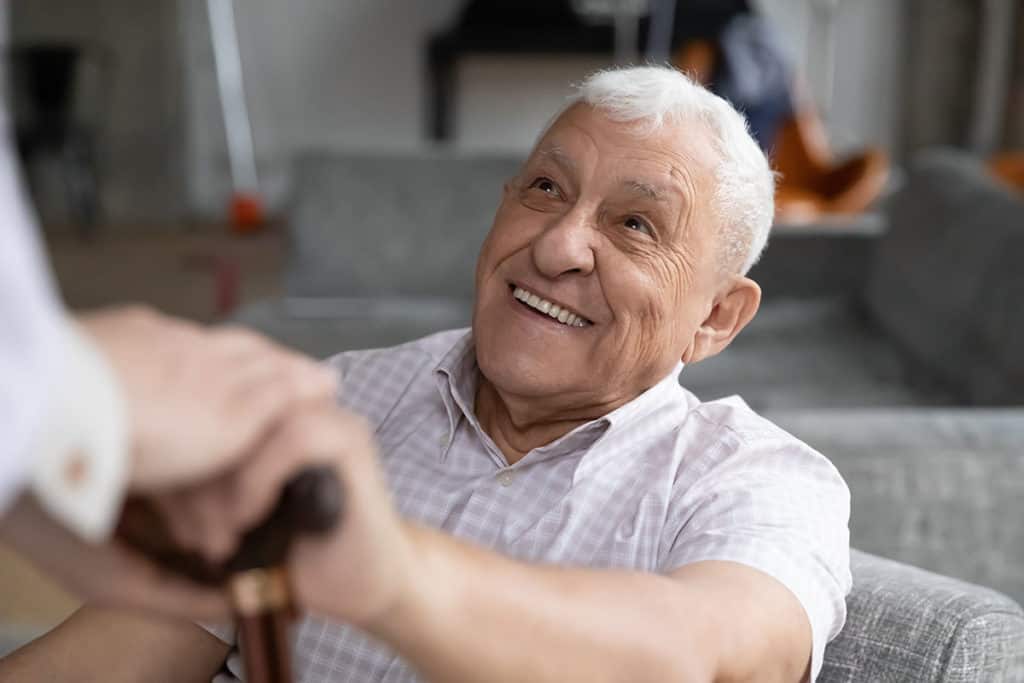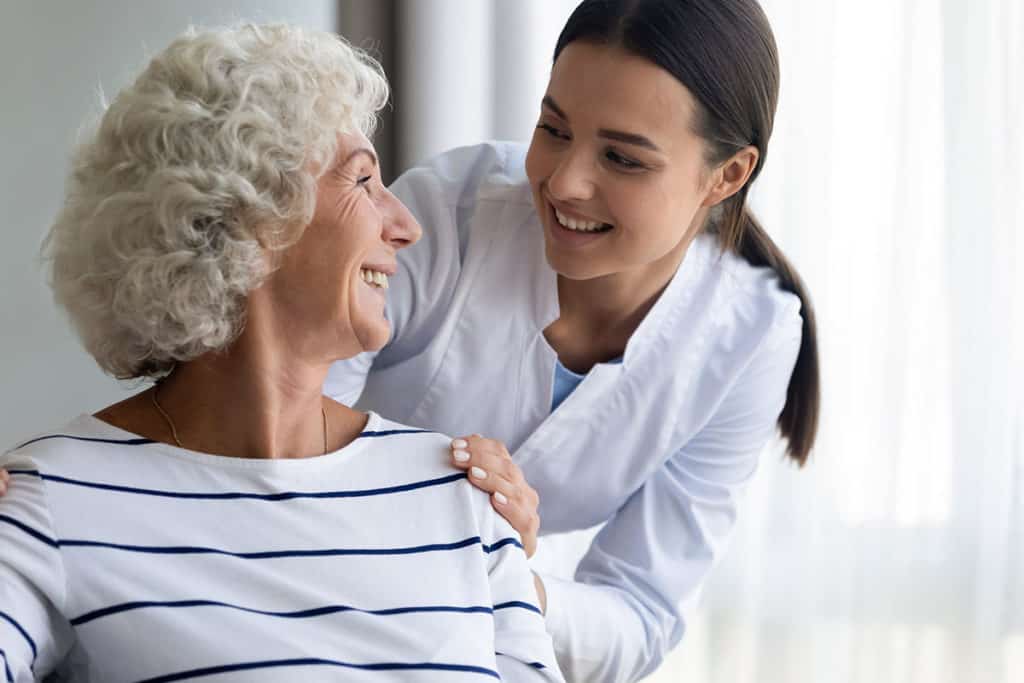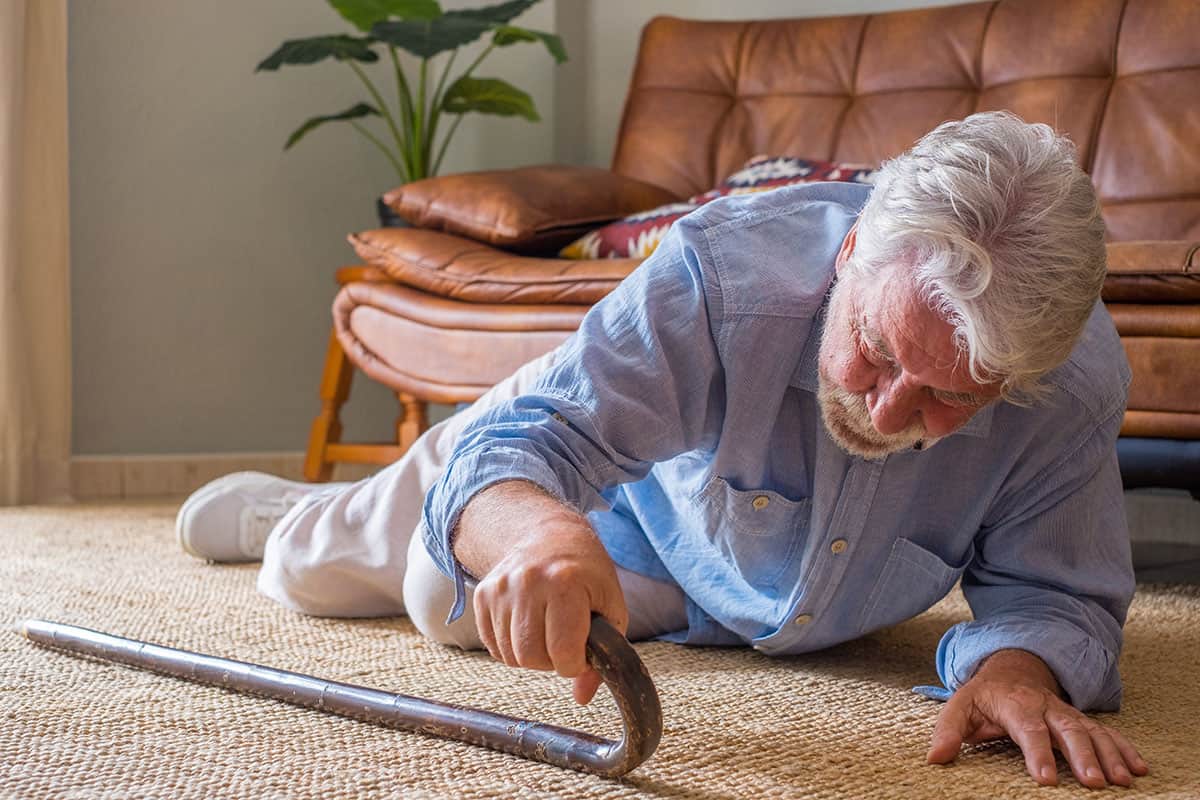Falls in Senior Adults: Risks, Causes and Prevention
Falls in the senior people represent one of the most important geriatric syndromes due to the high incidence in this sector of the population and, above all, due to the consequences they entail and the repercussions they cause on the person.
Despite the fact that falls are a frequent phenomenon during old age that can cause serious consequences, they are a problem that is frequently ignored and is often not given the necessary attention. There is a misconception that falls are common and even normal events in the daily lives of senior adults. In fact, it is assumed as a natural consequence of the aging process.
In this Tenderness Health Care blog post we will talk about the main risk factors and causes of falls, as well as the consequences that they can bring. In addition, we will share a series of recommendations to prevent falls.
Main Causes and Risk Factors
Generally, the causes and risk factors that influence or lead to a fall are not unique facts, but rather the consequence of other events, whether they are directly related to the patient or not.
Among the intrinsic causes, those that are directly related to the patient’s situation, we can mention:
- Impaired gait, mobility, and balance.
- Visual, auditory and vestibular alterations.
- Disorientation and confusional pictures. Agitation.
- Cognitive impairment. Alteration of perception, comprehension and space-time orientation, with a tendency to wander erratically and aimlessly.
- Neurological problems. Decreased proprioceptive input, “righting” reflex, and increased reaction time, slow reflexes.
Extrinsic causes have to do mainly with the environment in which the patient is:
- Location of furniture and other objects in the home
- Lack of uniformity in floors

Most Frequent Consequences
Falls can have slight repercussions on senior adults who suffer them, but they can also lead to situations of real danger:
- Minor to major injuries.
- Reduced mobility – immobilization.
- Decrease in quality of life.
- Loss of autonomy.
- Increased dependence and need for help even for activities.
- Fractures. They often require prolonged immobilization and hospital admission for healing or even surgical interventions.
- They are associated with increased morbidity and mortality.
Measures to Prevent the Risk of Falls
In a high number of cases, falls are avoidable and can be prevented. To carry out an effective prevention of falls, we must approach them in a multidisciplinary way. Therefore, we must identify the causes and risk factors and act on them, reducing or eliminating them as much as possible.
General Care
- Monitor the patient’s health status and medication control.
- In case of agitation, assess the need to change treatment and/or use mechanical restraints.
Lightning
- Good lighting in every area of the home.
- Have accessible switches near doors and bed.
- Install night lights that come on at night.
Bathroom
- Install grab bars in the toilet and/or shower.
- Install seats/chairs in the shower.
Floors
- Avoid irregular, slippery and slippery floors, with unevenness or damage.
- Keep the ground dry.
- Eliminate obstacles, elements that can hinder the march, especially in passageways.
Footwear
- Wear comfortable shoes that support the foot well and provide good heel support and cushioning.
- It is recommended that the soles of the shoes be non-slip.
Hallways
- Have handrails/handrails, at least on one of the sides.
Assistive Devices
- Use canes and walkers if necessary, which help increase the base of support and support.
- Stop the wheelchair.
- Firm and secure bed rails.
- Assess the need for the use of visual and auditory devices.

We all need care and affection. Provide it with Tenderness Health Care!
Find the best team and the help you need to become a Personal Care Worker with us. At Tenderness Health Care our main objective is to provide well-being and love to those who need it most. Contact us and be part of our family.


